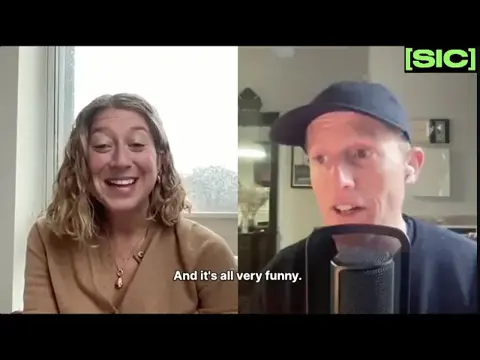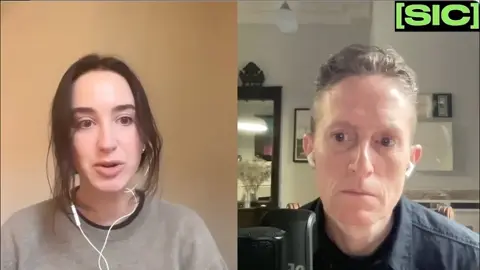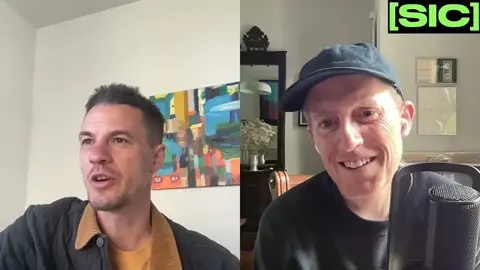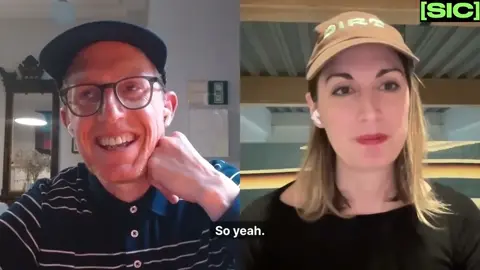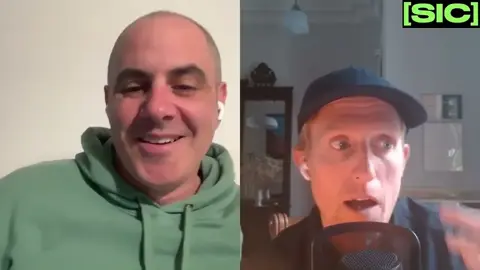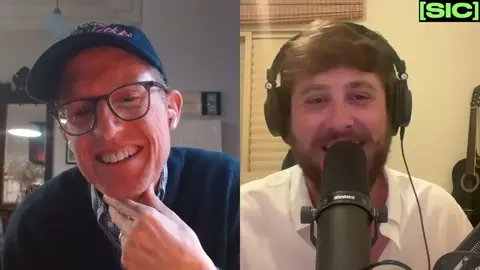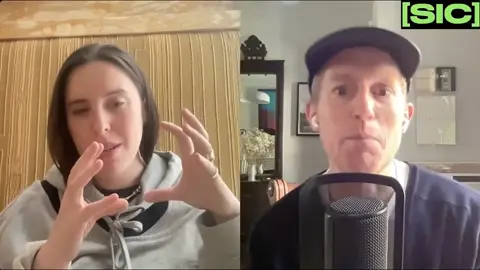Video Player is loading.
[SIC] Talks #76: Aaron Stern
![[SIC] Talks](https://atto.videonest.co/8823eee4-d0c5-450e-8a02-ee2ac056212e.webp)
[SIC] Talks
05/09/2024
[SIC] Talks #76: Aaron Stern
Summary according to Riverside's summary robot: "In this conversation, Ben and Aaron discuss Aaron's photography career and his show called Hard Copy. They also talk about the power of photography and its ability to evoke emotions and connect people. They touch on the abundance of images in today's ...
